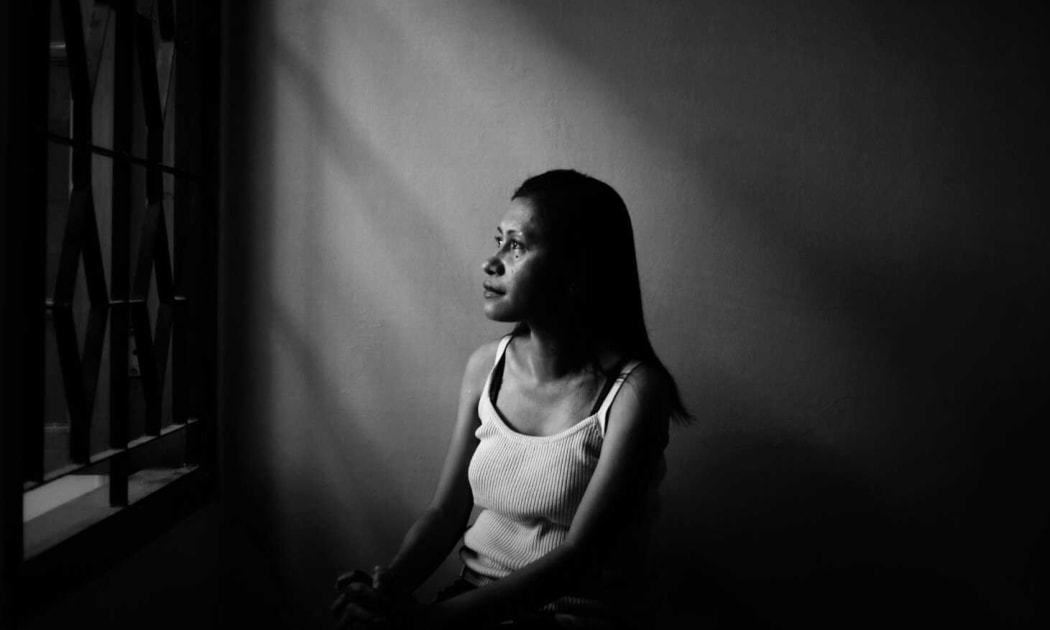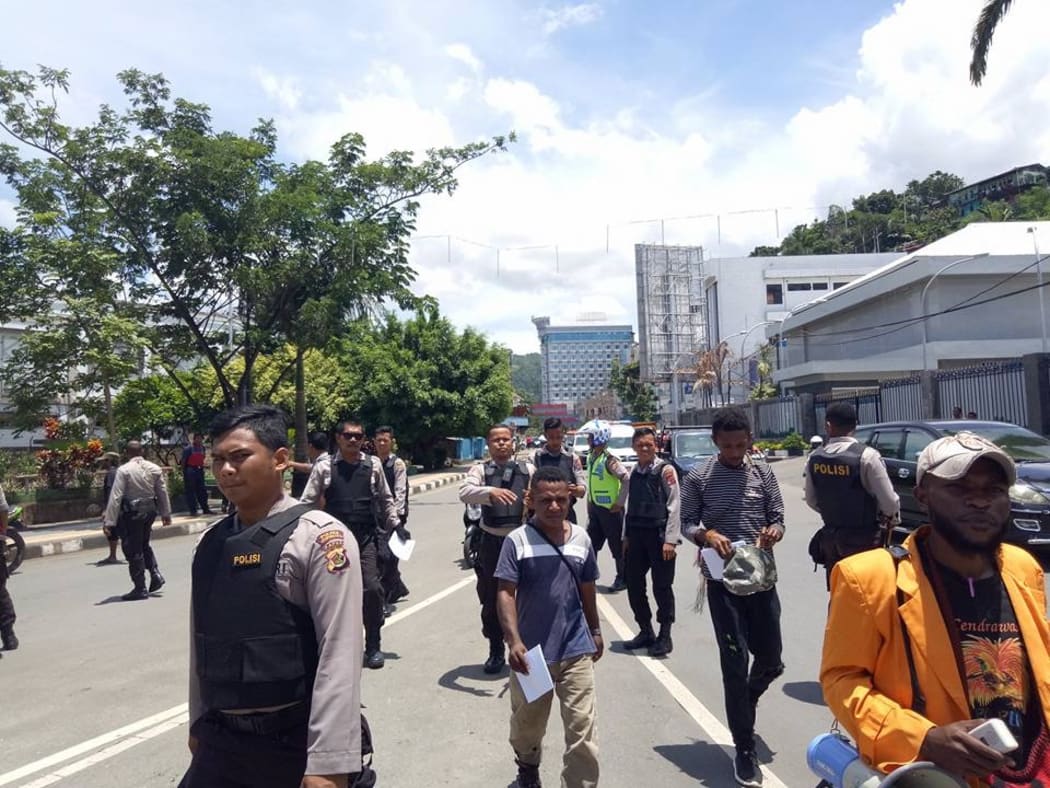Recent generations of Indonesian migrants to Papua region have driven conflict, a West Papuan novelist says.

West Papuan novelist, and former journalist, Aprila Wayar. Photo: Supplied
Aprila Wayar this month published her third novel, Sentuh Papua, which covered human rights issues and the effects of Indonesian transmigration in Papua.
Transmigration refers to movement of landless people from densely populated areas of Indonesia to less populous parts of the country.
Ms Wayar, a former journalist, said that after Indonesia took over Papua in the 1960s, early migrants settled relatively smoothly.
But those who have come 2001 when Papua gained Special Autonomy Status were a different story, she said.
"They tried to make many conflicts then between native Papuans and Indonesian people. For me, it's heartbreaking because we have a good life before when the first transmigrasi," Ms Wayar said.
"But after that everything disappears, and people not know each other, they make sectarian violence."
Statistics released last year by Indonesia's Statistics Office showed that the proportion of Papuan people as a percentage of Papua region's population was declining and that they were on track to being a minority in coming years.
However, Indonesia's government denied claims that transmigration patterns created conflict and marginalised the indigenous Melanesians of Papua.
It said people in Indonesia were free to move around, and that transmigration helped with a transfer of knowledge from migrants to Papua which in turn assisted with development outcomes.
Ms Wayar's claim came as a newly compiled analysis on data from Indonesia's National Violence Monitoring System showed Papua was the most violent province in Indonesia.
In 2014, the most recent year for which the System's data was available, five percent of the country's reported violent deaths were in Papua province (151 out of 2,943).
This was despite Papua province, with its population of around three million, being only a little over one per cent of Indonesia's overall population of around 265 million.
The analysis, 'Violent Death in Indonesian Papua', found that the leading cause of homicide in Papua was crime. Deaths linked to "separatism" came second.
It found that between 2010 and 2014, violent incidents initiated by so-called separatist groups resulted in more deaths than the actions of Indonesian security forces.
However, a higher proportion of the victims in killings and injuries caused by security forces were civillians, whereas victims in separatists' attacks tended to be security forces.
The analysis included fear and mistrust between Papuans and migrants as a factor behind some of the trends of violence, and identified disputes over land as a leading cause of violent deaths in Papua.

Indonesian police clamp down on what they described as an unauthorised public action by West Papuans in Jayapura on 7 April, 2018. Photo: Solidaritas Papua Barat Untuk Korban Gempa Bumi Di Papua New Guinea
Meanwhile, Ms Wayar's novel, which was published in Bahasa Indonesian language, was written from the perspective of a foreign journalist in Papua and was based on a true story.
"I became the fixer of him, and for me as a novelist it's a very interesting story because it gives me a lot of new perspective about Papua," she explained.
"He understands Papua's story better than me as a Papuan. Because he's from the Netherlands and he knows about Papuan history.
"But there's a little bit of distance between new generation of Papuans now and the history. Because, when the first generation of Papuans fled Papua in the beginning of the 1960s until 1984, they also took the Papuan history with them."

